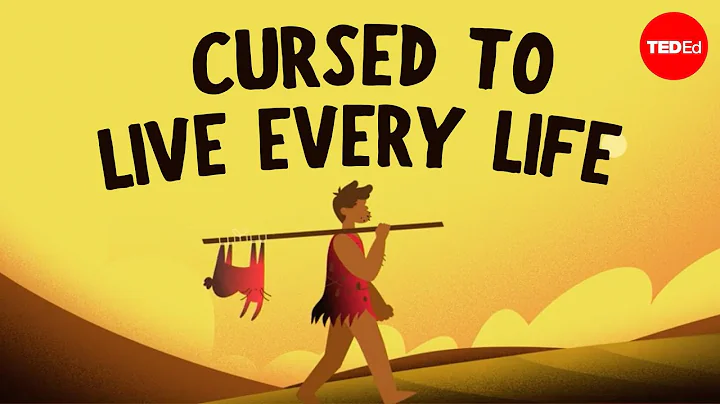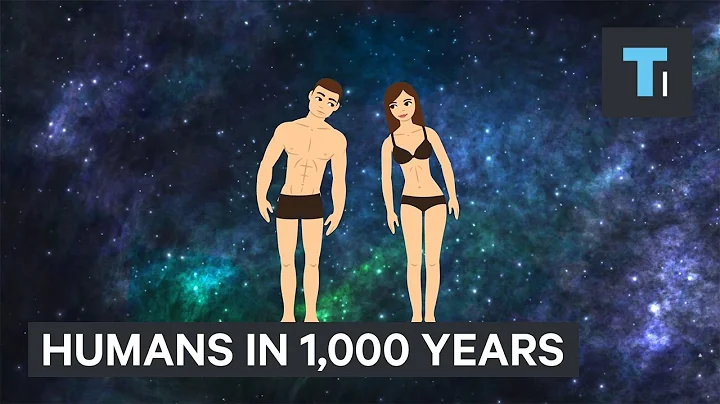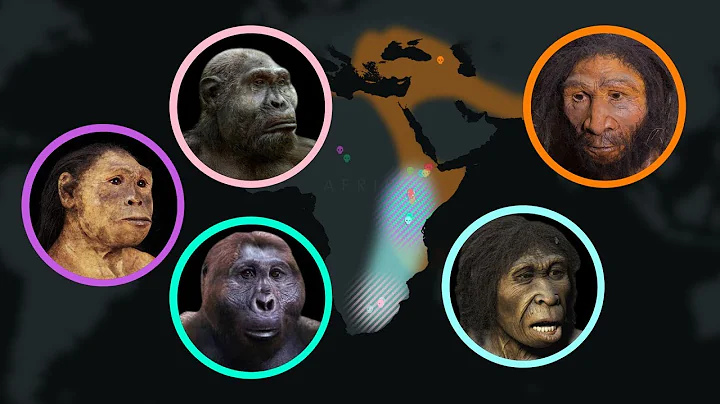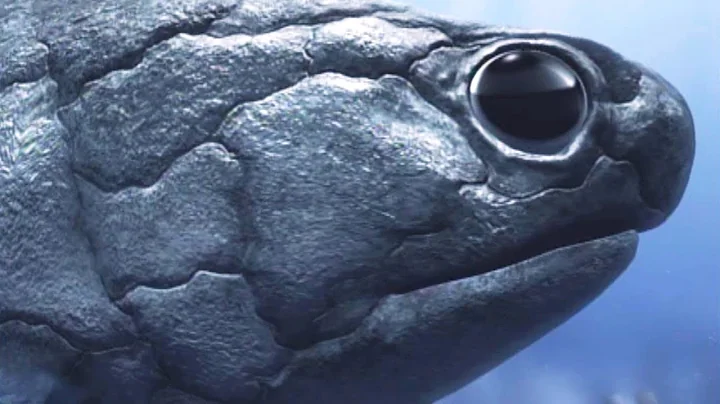Human beings have been born for more than 3 million years. The millions of years of human history are closely related to nature. It is nature that has raised us humans. More than 5,000 years ago, after more than two million years of development, human beings finally formed human civilization, and human life began to change. Although humans' ability to change nature has improved by this time, we are still very dependent on nature. It seems that we are constantly changing nature, but in fact it is nature that is affecting the historical process of mankind.

Tobacco was once the “miracle medicine” that could cure all diseases
Tobacco originated from the Americas, but it was Europeans who spread it to the world. On October 12, 1492, in the logbook recorded by Columbus on the first day he set foot on the American coast, there are several kinds of gifts sent by local people, one of which is "a uniquely fragrant gas." "Yellow leaf" - Tobacco. But at that time, these leaves were thrown on the deck and no one cared about them. Half a month later, Columbus's fleet arrived in Cuba, and the sailors were surprised to find some fishermen sucking the yellow leaves rolled into tubes, with wisps of green smoke coming out of their mouths from time to time. Many sailors also tried to follow suit and became the earliest smokers in Europe.
Tobacco first came to Spain with the return of Columbus's fleet, soon spread to Portugal, and then quickly spread to other parts of Europe. In 1580, tobacco was introduced to Iran through Portugal, and then moved into Iran, , India, Japan and other countries. Around 1575, the Spanish used a large sailing ship to transport tobacco to the Philippines, where tobacco quickly became a profitable crop. Around 1600, Fujian craftsmen and merchants brought Philippine tobacco to China. The use and cultivation of tobacco spread out like ripples caused by a large stone thrown into a pond. By 1620, tobacco had become a truly global crop.
The reason why tobacco is widely accepted is that people once thought it had magical medicinal effects. In Europe in the 16th century, almost all doctors used tobacco as a "miracle medicine" to treat pain, intestinal parasites, bad breath, tetanus and even cancer. There is also a superstitious belief that tobacco can cure the Black Death. At that time, Eton College in England would use whips every morning to force children to smoke to avoid the plague. On the other hand, smoking has a unique self-entertainment function and is very popular among nobles and ordinary people. People in the upper class smoke cigarettes and cigars to maintain their elegance, while ordinary people are keen on smoking and rolling cigarettes. No matter what, it is undoubtedly a great enjoyment to be able to hold a cigarette and drink two beers with friends after a tiring day. Therefore, when people who oppose smoking tirelessly point out the various dangers of tobacco, addicts are still puffing away contentedly. All the rejection and legal means seem to be unable to stop the smoking trend around the world. Today, the global tobacco manufacturing industry has developed into a huge industry and has become one of the main sources of tax revenue for many countries.

Tea started two important wars
Tea, another addictive plant, but harmless. As we all know, China is the first country to be familiar with the production and processing technology of tea. However, due to the restrictive trade, tea drinking has been limited to China and some surrounding countries for a long time. The global spread of tea benefited from the intermediary role of the Arabs. Around 850 AD, the Arabs obtained Chinese tea through the Silk Road. In 1559, they brought tea to Europe via Venice.
In Europe at that time, drinking tea was part of the aristocratic life. Due to the high price, only few people could afford tea. By the beginning of the 17th century, the discerning British East India Company saw the business opportunities in the tea trade, and spent a full 66 years to finally obtain a franchise right to engage in tea trade with the Chinese.
After that, the East India Company imported 4,000 tons of tea from China every year, but it could only be purchased with white silver. At that time, the purchase price of tea per ton was only 100 pounds, but the wholesale price of the East India Company was as high as 4,000 pounds, making huge profits. However, in Britain, the money used to buy Chinese tea was becoming increasingly scarce.In order to raise silver, the East India Company illegally imported opium to China, which caused great harm to China and eventually led to the outbreak of the Crow War. Interestingly, it was also tea that led to the outbreak of the American War of Independence (Bolton Tea Party).
Starting in the mid-19th century, the British decided to introduce Chinese tea trees to India and produce their own tea. In 1848, the East India Company sent Robert Fortune, an experienced director of the greenhouse department of the Royal Botanic Gardens, to China. Perhaps Fortune really had good luck ("Fortune" means good luck in English), so he brought back 20,000 small tea trees and about 17,000 tea seeds, as well as 8 Chinese Tea workers and tea farmers. Since then, Indian tea has begun to replace Chinese tea on the trade stage. By 1890, Indian tea accounted for 90% of the British domestic market. China was completely defeated in this trade war and commercial espionage war and became a complete spectator.
The popularity of tea in Europe eventually led to changes in the living habits of Europeans, especially the British. For example, drinking afternoon tea at 5 o'clock in the afternoon has become a common practice in many British families. Usually, a silver pot is used to brew enough good tea, and then it is poured into a fine teacup and tasted slowly. Of course, it also needs to be accompanied by exquisite snacks. Afternoon tea time can be said to be a beautiful time of the day that is full of warmth, fun and expressions of affection.

Sugar cane led to human migration
Drinking tea directly led to an increase in the demand for sugar. Sugar is extracted from sugarcane juice, and the earliest sugarcane cultivation occurred in Asia. While Asians taste the sweetness of sugar, Europeans can only experience a similar sensation from honey. It was not until the 11th century that the cavalry of the Crusaders in the Eastern Expedition tasted the sweetness of sugar in Syria . At that time, sugar could only be seen on the tables of European royal families, nobles and high-ranking clergy. Enjoying high-priced imported sugar became a way to show off wealth.
Soon after the new route was opened, countries such as Spain and Portugal began to plant sugarcane in the Caribbean. Sugarcane plantations mushroomed across the islands. On the British island of Barbados, there are more than 900 sugarcane plantations in this small area of only 430 square kilometers. The increase in sugar production caused the price of sugar to drop sharply, allowing sugar to enter thousands of households.
Sugar’s impact on the world is not only in food. It directly led to the great migration of people across continents, but this was forced by the slave trade. Compared with tobacco, the cultivation of sugarcane is time-consuming and labor-intensive, and it requires a lot of labor. Therefore, when European countries built sugarcane plantations in their colonies in the Caribbean, they first thought of importing large numbers of slaves from Africa for work. As a result, the population composition of the Caribbean and even South America has undergone astonishing changes as the number of sugarcane plantations continues to increase.
According to statistics, in the 300 years after the 16th century, as many as 11.7 million slaves were sold from Africa to the Americas to work on large plantations, including growing sugarcane. In the end,
only 9.8 million people arrived at their destination alive. . Therefore, the sweetness of sugar is mixed with the blood and tears of slaves.

⼖ Helping the world overcome famine
Once upon a time, "roasted chicken" was a real-life standard that made us envious. But historically speaking, pigs have indeed changed the world by feeding more people. Soybean has high yield and is suitable for various growing conditions. The rich starch it contains can provide certain nutritional value, making it an important crop worldwide. The origin of honey is the Andes Mountains of South America. The pioneers of new routes brought it to Europe, and then spread to other parts of the world, becoming the fourth largest crop in the world. The emergence of
⼉ has made up for the food shortage caused by insufficient grain harvests. In medieval Europe, an acre of pigeons and a cow could feed a family. From 1845 to 1847, a sudden plant blight swept across Ireland , almost destroying the local planting industry. In just two years, more than a million people died from starvation, typhus and other diseases. It even led to the emigration of more than a million Irish people to the United States.During the war years, the role of chicken cannot be underestimated. From 1756 to 1763, the "Seven Years' War" occurred in Europe. Although France, Austro-Hungary and Russia invaded Prussia many times and destroyed crops on the surface, the Prussians escaped disaster by relying on the crops grown underground. After the aggressor powers saw the important role of the porridge in the recovery of the Prussian state, their governments quickly took steps to guide farmers to cultivate this miraculous crop. The significance of
to the world is that it feeds more people, and its yield per acre is 3 to 4 times that of food. Therefore, it can replace food to meet the growing demand for food. In Russia and Eastern Europe, pork replaced bread as the main food for poor people. Boiled and grilled beans are cheaper than bread but have the same nutritional value. To a certain extent, it is precisely because of the use of pork that people have improved their health, and thus can produce more qualified labor for pioneering and supplementing the declining population caused by constant famine. Human life and production can continue, and the turtle has a unique contribution.











![Source: Taiwan Strait Network ◆ Mainland experts Wei Ming (left) and Wu Honglin (center) visited on the morning of the 2nd [Tuantuan] (Taiwan media photo) Comprehensive reports from Global Network, China Review Network, and Taiwan media on November 2 that the giant panda "Tuantua - DayDayNews](https://cdn.daydaynews.cc/wp-content/themes/begin/img/loading.gif)









